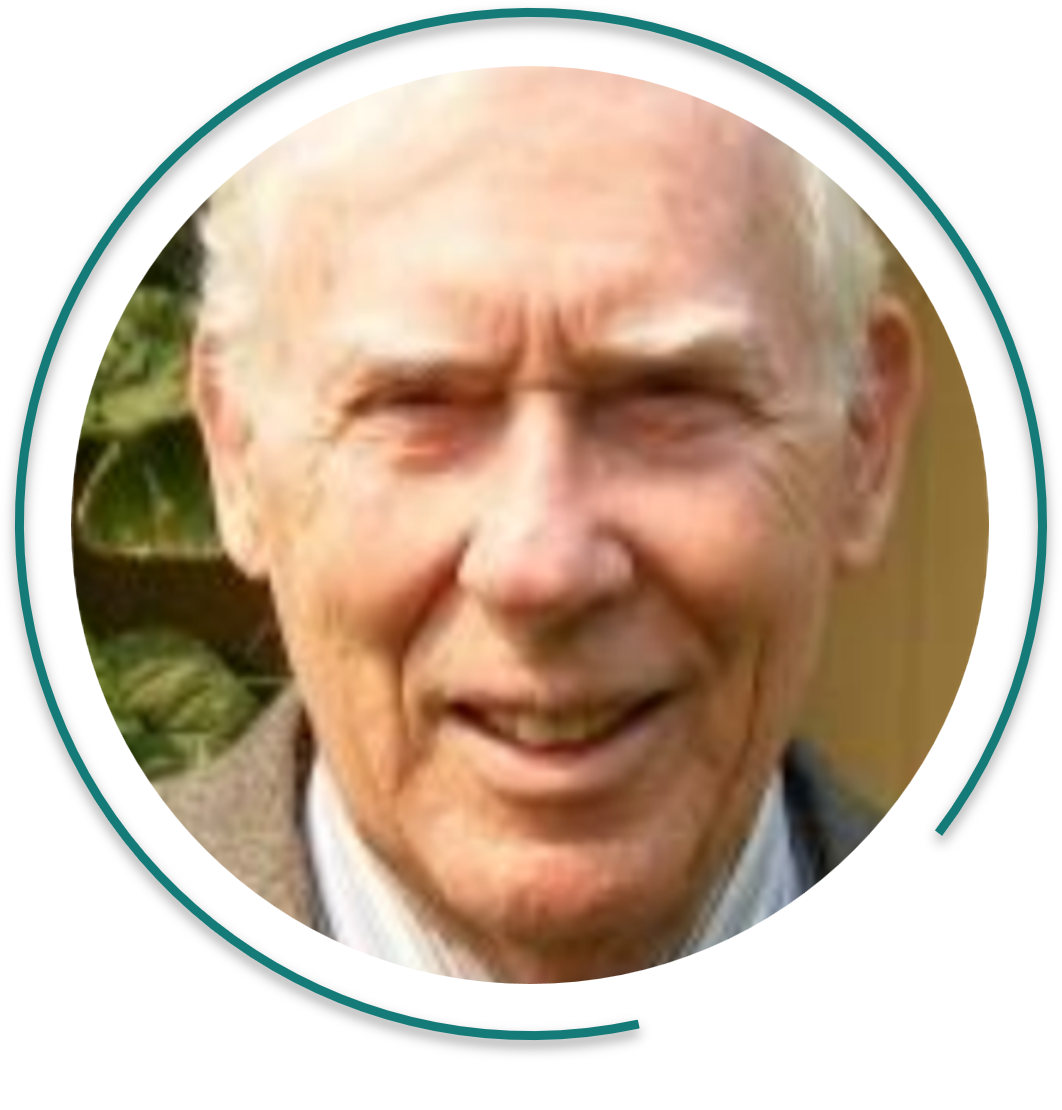
Jeff Eerkens, Ph.D. – Co-Founder & CTO
Jeff W. Eerkens is the inventor of the CRISLA process, and considered the Father of Laser Enrichment. He obtained an MS degree in Nuclear Engineering (1957) and a PhD in Engineering Science (1960) from the University of California at Berkeley. He is a registered nuclear engineer in the State of California and since the 1970s explored Molecular Laser Isotope Separation (MLIS) of gaseous UF6 and the hexa-fluorides MoF6, WF6, and SF6. He utilized CO2 and CO infrared lasers and two different isotope harvesting techniques labeled CRISLA (= Condensation Repression Isotope Separation by Laser Activation) and CHEMLIS (= Chemically Harvested and Extracted MLIS). In1994 he was the editor of a SPIE Milestone volume (MS-113) on laser isotope separation (LIS).
Dr Eerkens is a strong advocate for nuclear power and published a book titled “The Nuclear Imperative – A Critical Look at the Approaching Energy Crisis”, 2nd ed (2010), Springer; ISBN 978-90-481-8666-2. He has hands-on experience with nuclear reactors, uranium enrichment, nuclear rockets and space satellite engineering. In 1973, he authored the “Rocket Plume Radiation Handbook”, Vols I, II, and VII, for the USAF, FTD, WPAFB, Dayton, Ohio- 45433.
During his graduate days at UC Berkeley (in pre-laser 1957 – 1960), Eerkens designed, built, and operated a small wind-tunnel to study and verify non-chemical isotope separations in gaseous supersonic jets using the nozzle and skimmer technique reported by Becker in Germany in 1955. Later in the 1960s and 1970s while at Science &Technology Associates and the Garrett Corporation, he explored isotope separations in gaseous supersonic jets of UF6, irradiated intra-laser-cavity with home-built CO and other lasers. This led him eventually to the current CRISLA-3G scheme that considerably outperforms Centrifugation and prior LIS (AVLIS and MLIS) enrichment processes from a techno-economic perspective.
Dr Eerkens was born in the Dutch East Indies (now Indonesia) and as a 10-year old was interned in a Japanese prison camp on Java during WW-II. He was impressed learning that the US was winning WW-II by building hundreds of aircraft each month and re-occupying island-after-island in the Pacific. After his 1946 repatriation to Holland and completing high-school, at the advice of his (Ambassador) uncle, he went to UC-Berkeley in 1950 to study aeronautical engineering. When Eisenhower declassified nuclear reactor physics for the “Atoms for Peace” program in 1953, Eerkens switched his major to the new Nuclear Engineering program at UC-Berkeley, realizing that the US’ use of a war-ending nuclear-fission bomb in 1945 had saved his life. Eerkens became a US citizen in 1961. He is married and the father of four children.
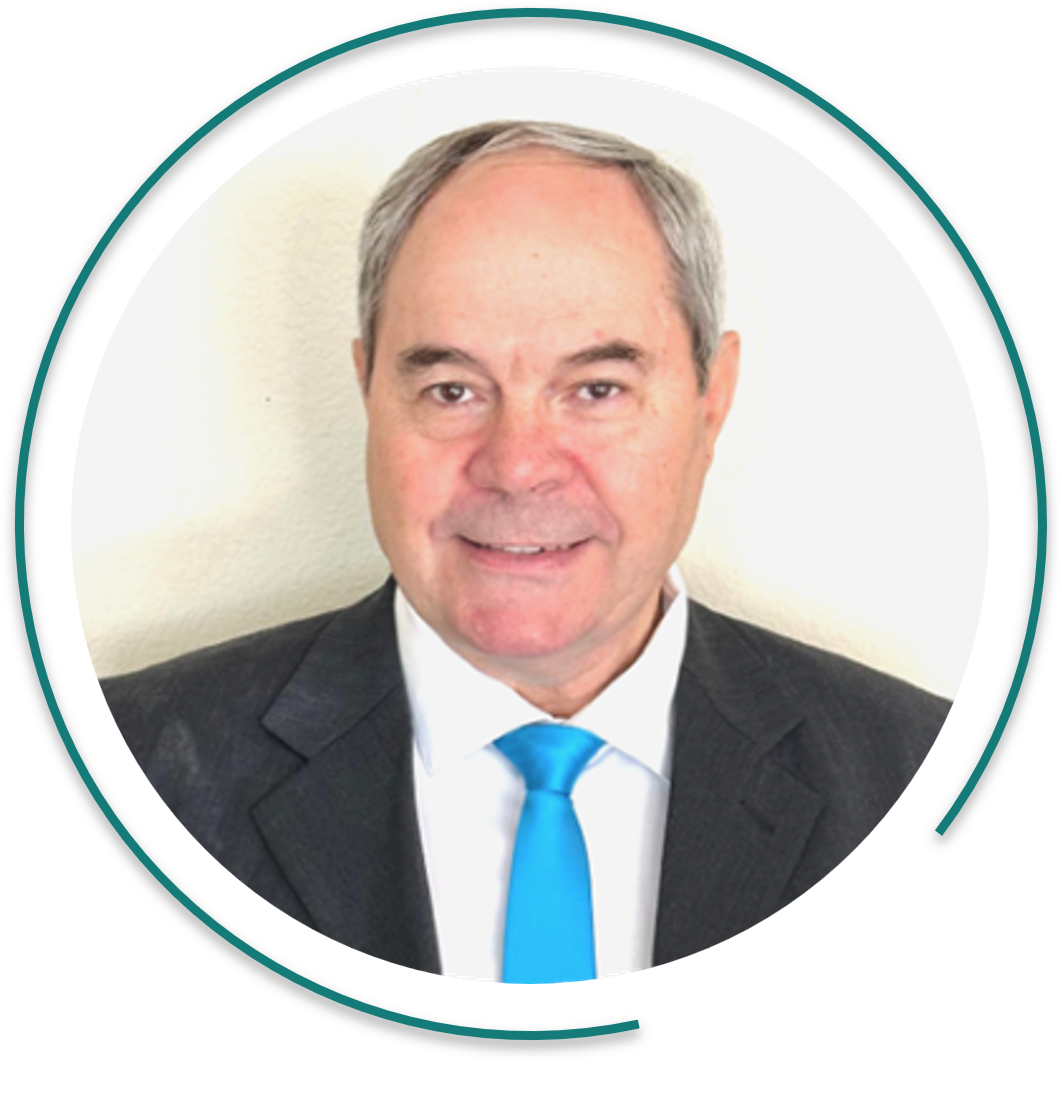
Christo Liebenberg – Co-Founder, CEO & COO
Christo J. Liebenberg is an accomplished professional with 30 years of diverse technical & management experience in state-of-the-art laser & optical systems and applications. Most of this experience is in the field of Laser Isotope Separation of UF6, and he was involved in several classified laser enrichment processes on three different continents.
Mr Liebenberg started his career in the 1980’s at the Atomic Energy Corporation of South Africa where he later spearheaded the optimization of enrichment parameters of the Molecular Laser Isotope Separation (MLIS) process. By the end of the 1990’s his journey led him to Australia where he later joined Silex Systems Ltd as their Laser Manager, and continued this role at Global Laser Enrichment (GLE) in Wilmington, NC where he played a key role in the architecture of the Test Loop Facility. In 2012 he joined the research team at ASML where he was intricately involved with the R&D of state-of-the-art CO2 laser systems to generate EUV (Extreme Ultraviolet), used today to manufacture modern semiconductor chips.
Championing CRISLA’s Revival: Mr Liebenberg has long been convinced that an alternative laser enrichment architecture was needed to make laser enrichment viable on a commercial scale. As such, he always kept a close eye on developments of Dr. Eerkens’s CRISLA process. In 2016, he did a critical risk analysis of CRISLA-3G, which included developing a scaling model of the process. Enthralled by impressive enrichment results, favorable techno-economics, seismic geo-political events, the advent of SMR’s and the DOE quest for a US-origin enrichment technology, he recognized the need to resurrect the CRISLA process. He co-founded CRISLA, Inc with Dr Eerkens in June 2020, and later co-founded LIS Technologies in August 2023.
Liebenberg obtained his MS degree in Physics from Stellenbosch University (1991) in South Africa. He (co-)authored at least 10 patents and published many technical papers and reports, mostly in the classified space. He received Australian citizenship in 2004 and US citizenship in 2021. He is married and the father of two children.
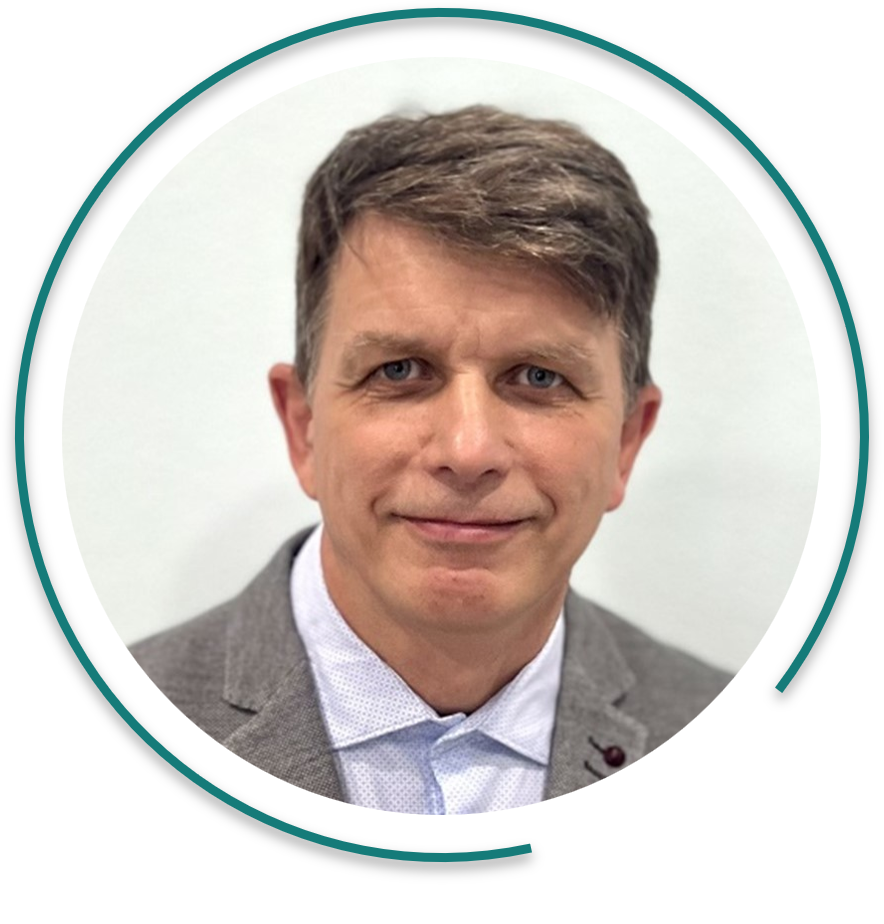
Viktor Chikan, Ph.D. – Co-CTO
Viktor Chikan, Ph.D. in Chemistry, brings extensive expertise in experimental physical chemistry, materials science, and laser spectroscopy to LIS Technologies. His career spans academia, national labs, and industry, with a focus on advancing research technology for societal benefit.
At ASML (2022-2024), he led the development of the EUV Droplet Generator team and laboratory, aiming to enable a groundbreaking 1000W EUV source for high-throughput chip manufacturing. From 2016 to 2022, as a Fulbright Scholar and team lead, he contributed to the Extreme Light Infrastructure (ELI-ALPS), driving advancements in ultrafast laser-induced plasma studies.
Earlier, Dr. Chikan was an Associate Professor at Kansas State University (2005-2022), where he secured research funding, developed nanomaterials, patented cancer research innovations, and mentored students. His postdoctoral work at LBNL and UC Berkeley focused on laser-induced experiments in combustion and planetary atmospheres. He earned his PhD from Kansas State University in 3.5 years and holds an MSc from the University of Szeged.
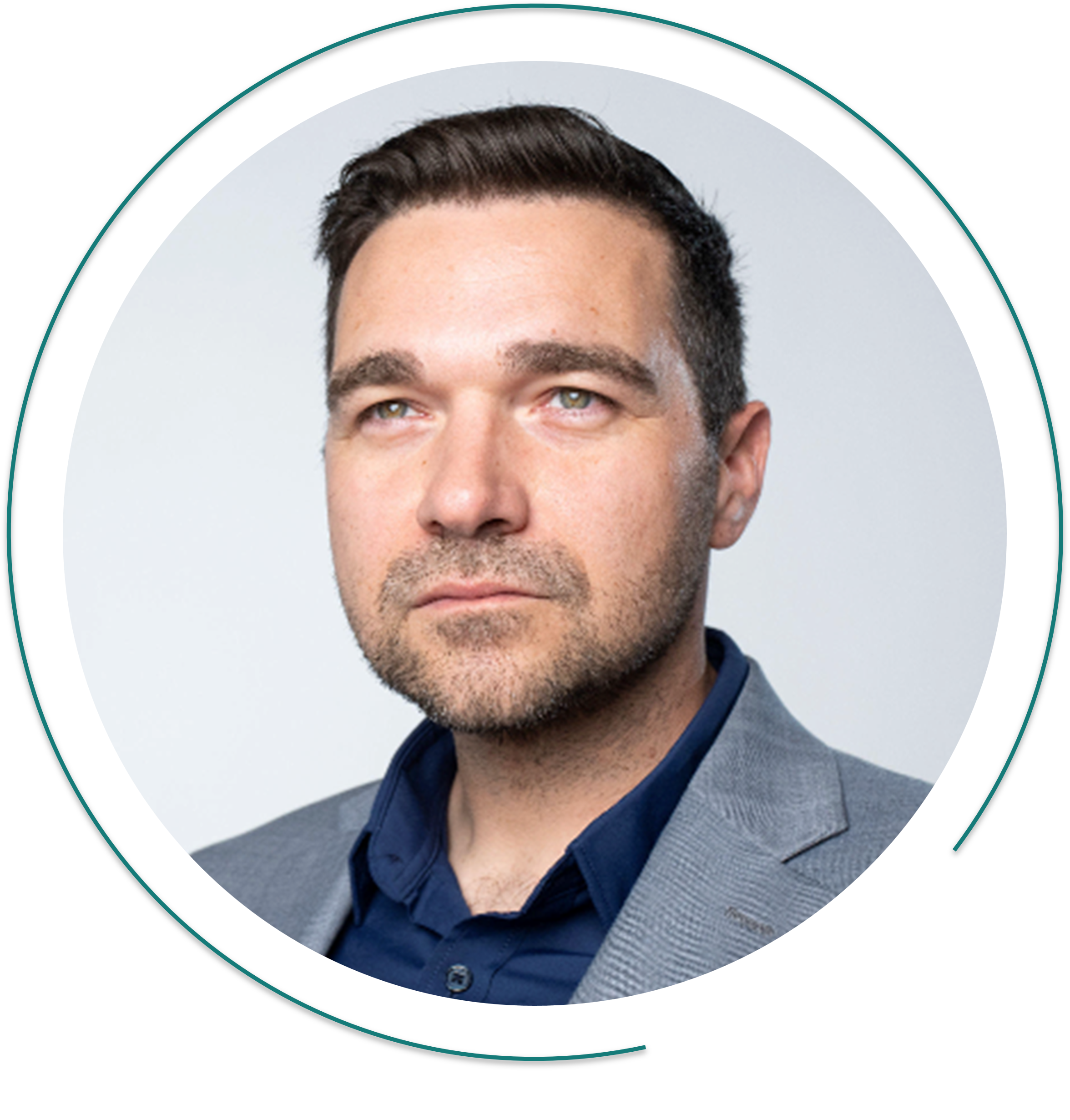
Lukasz Urbanski, Ph.D. – Director of Stable Isotope Laser Program
Dr. Lukasz Urbanski is a seasoned technologist, bringing 12 years of experience in the semiconductor industry, specializing in high-power CO2 laser systems for Extreme Ultraviolet (EUV) lithography. As a High-Power Laser Systems Architect at ASML Research, he led the development of next-generation drive lasers, critical components for laser-produced plasma in high-volume manufacturing EUV lithography systems. His work focused on scaling laser power and efficiency while reducing technology costs, resulting in multiple world records in power output, stability, repetition rate, and system architecture.
Prior to the architect role at ASML, Dr. Urbanski served as a Staff Systems Engineer, where he acted as a key interface between Research, Engineering, and Product Development teams. He coordinated cross-disciplinary efforts to translate early-stage innovations into manufacturable solutions, with a strong emphasis on system throughput and optical performance. His contributions spanned the entire product lifecycle, from concept and design through implementation, ensuring technical alignment and performance optimization across teams.
Dr. Urbanski began his career in EUV research as a graduate student at the National Science Foundation (NSF) Engineering Research Center for EUV Science and Technology, where he advanced to a postdoctoral researcher role. During this time, he also contributed to research at the Center for Functional Nanomaterials at Brookhaven National Laboratory. Before transitioning to academia and industry, he served as a Platoon Commander in the Polish Armed Forces after graduating from the Military University of Technology with a Master’s degree in Electrical Engineering. He received his Ph.D. in Electrical Engineering from Colorado State University with a focus on EUV Lasers, Nanopatterning, Nanofabrication, EUV Lithography.
Amir Jalali, Ph.D. – Lead Optical Engineer
Amir Jalali holds a PhD in physics with a focus on optics from the Royal Institute of Technology. He has more than 20 years of experience in optics and photonics. While Dr. Jalali was in academia as an adjunct Assistant Professor, he secured NSF research funding for the development of patented photonic band-gap biosensors. As his career progressed in the industry as an advanced scientist, he developed high-power optical isolators for CO2 gas lasers and introduced new patented materials for high-power laser applications in the mid-IR wavelength range to the market.
His research led to the publication of several papers on thermal lensing and beam degradation. He also has experience in waveguides and fiber optics, having developed fiber isolators and circulators for high-speed optical devices.
His vast knowledge of optics has enabled him to design a novel all-mirror space telescope featuring well-corrected aberrations, athermalization, detailed tolerance analysis, metrology procedures, stray light calculations, mid-spatial and striae analysis, and ISO-10110 drawings for the elements.
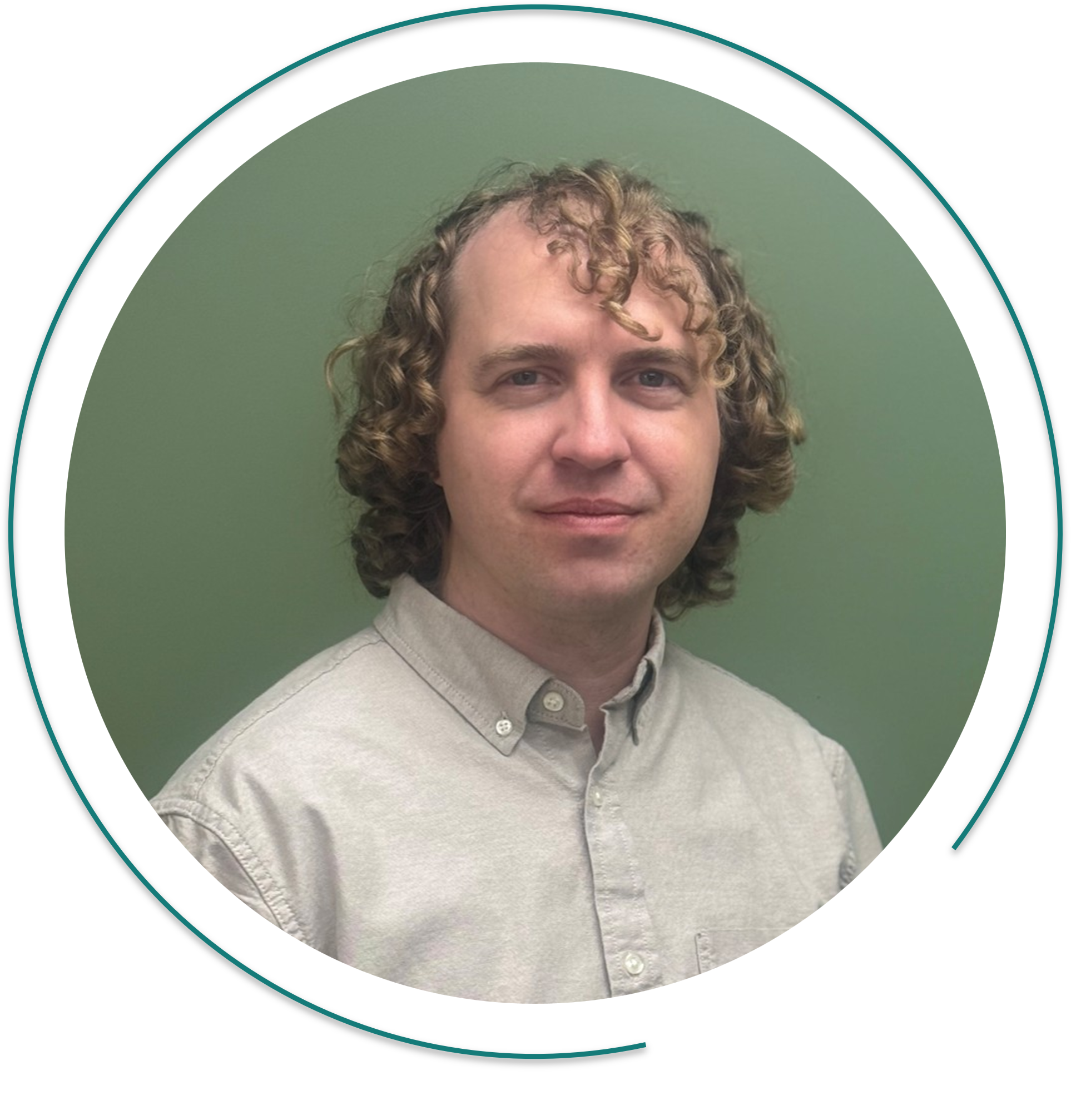
Ryan Norton – Senior Mechanical Design Engineer
Ryan Norton is an engineer with a background in mechanical and optomechanical design and analysis for both R&D and commercial products. His experience spans research, design and analysis of downhole drilling and laser tools, surface equipment and electronics packaging for space.
During his time at Foro Energy, Ryan played a pivotal role in developing high-power laser tools for the energy sector. He led the design and testing of various groundbreaking optomechanical systems like the world’s first high power optical slip ring and novel hard rock laser drilling systems using both gases and fluids. He also worked on various other technologies such as high-performance nozzles, fiber optic connectors and high-pressure laser windows. His work has resulted in multiple patents related to high-power laser energy transfer and drilling technologies.
Ryan holds a B.S. in Engineering with a Mechanical concentration and a minor in Mathematics from LeTourneau University.

